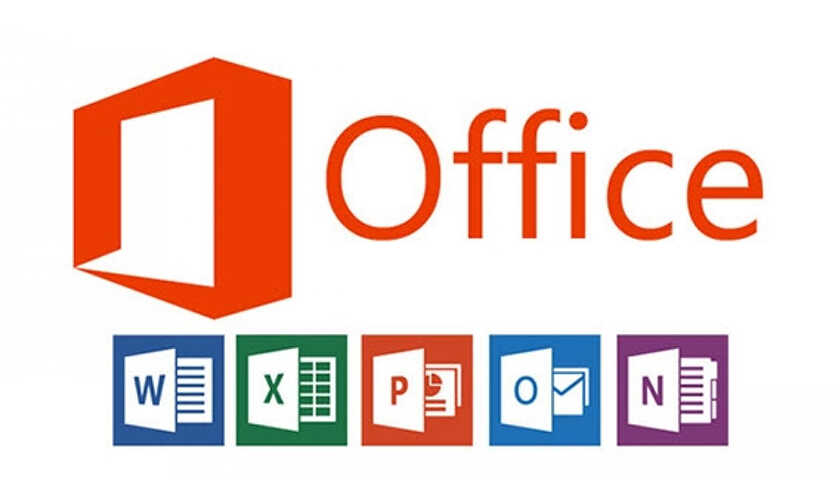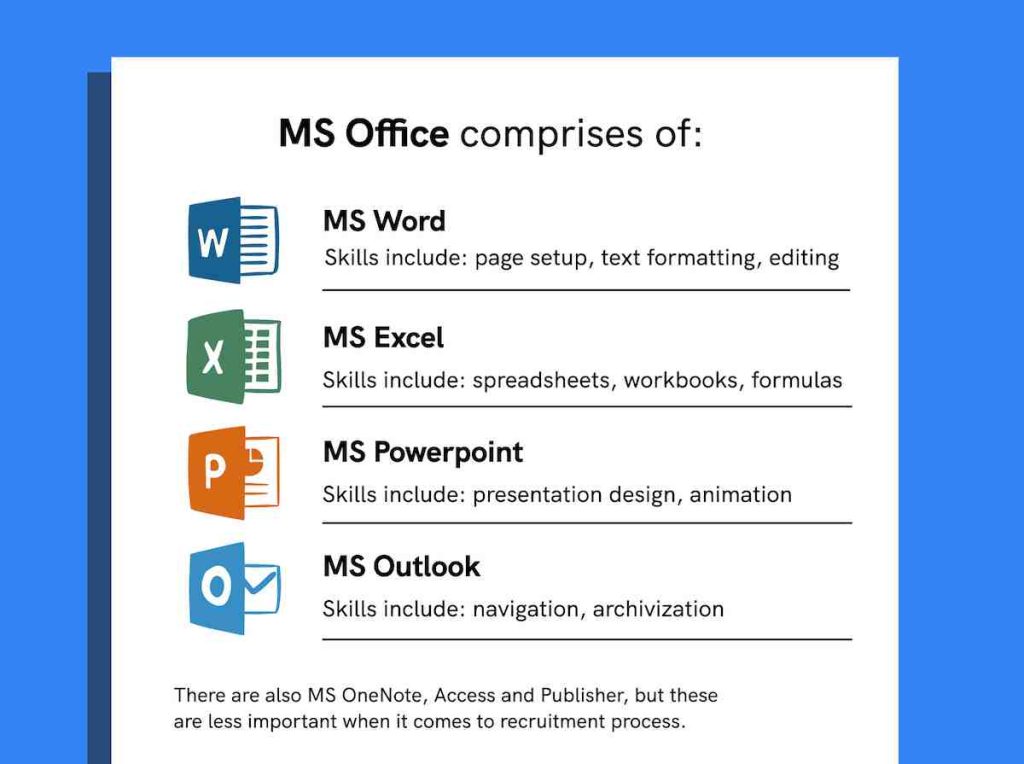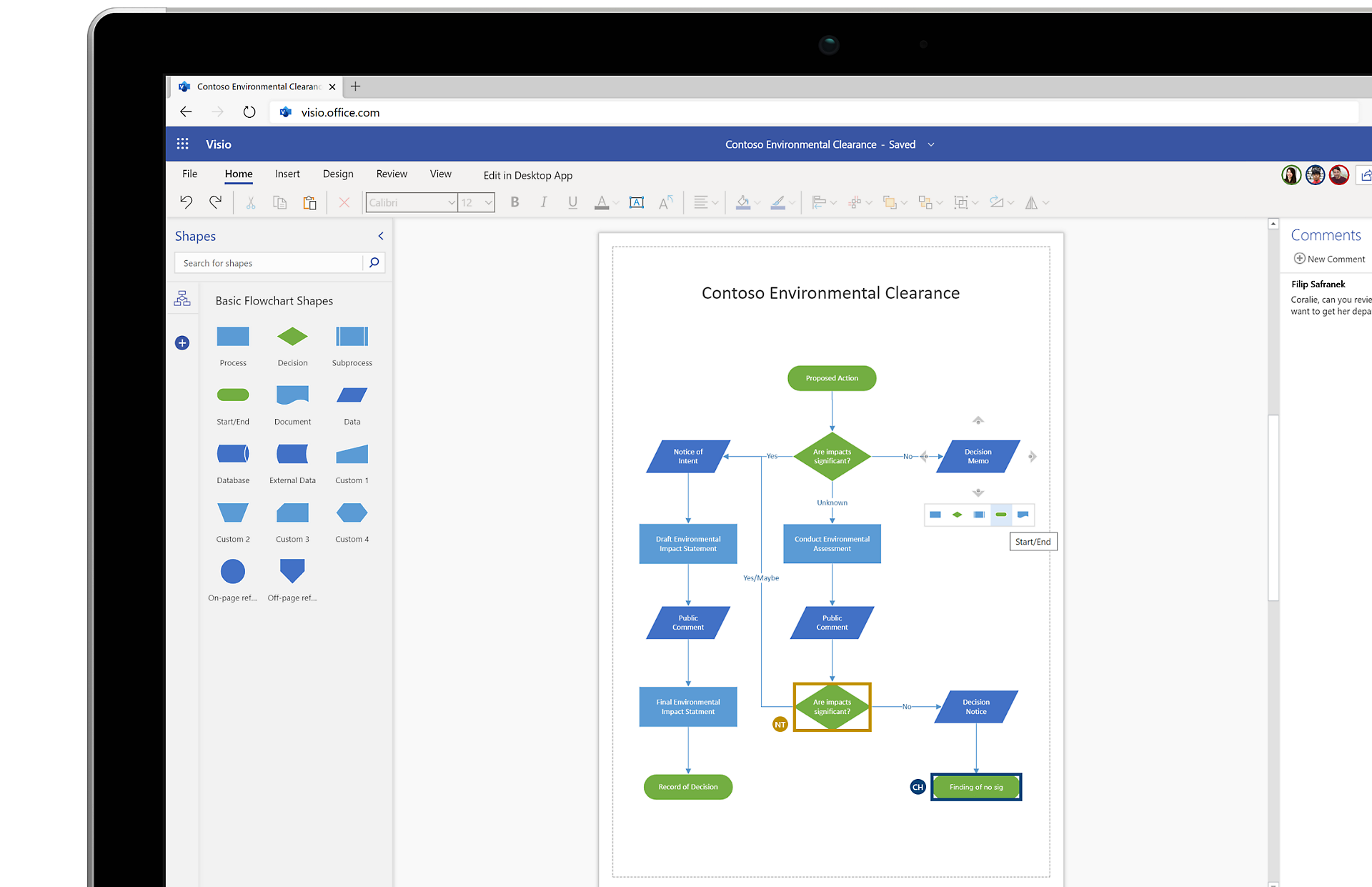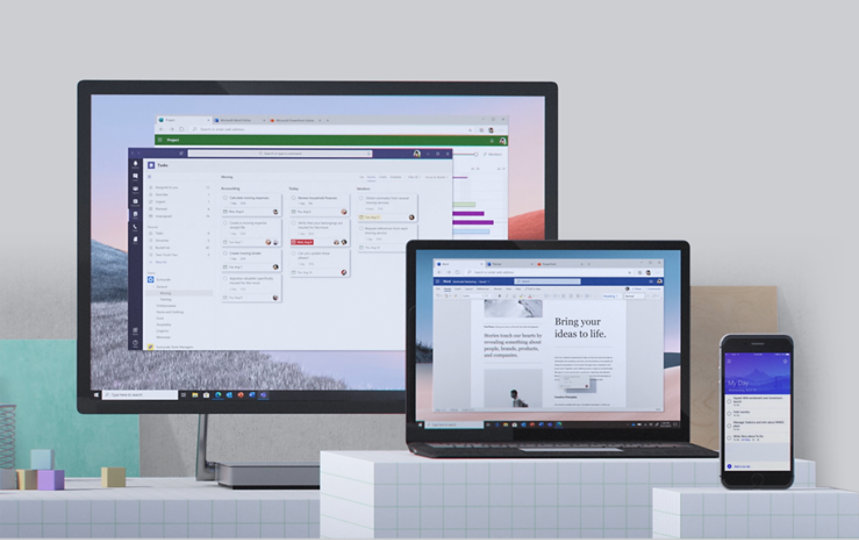Imagine a world where you don’t have to be a techie to understand software. A world where you can navigate through complex tasks with ease. Well, look no further because Microsoft, the tech giant, seems to offer just that. But here’s the thing: Is Microsoft really just a software tool, or is it something more? Let’s take a closer look at the functionalities and innovations of Microsoft to see if it lives up to its reputation as a game-changing software tool.

This image is property of www.preftrain.com.au.
Introduction
Microsoft is not just a household name; it is also one of the leading technology companies in the world. From operating systems to productivity tools, Microsoft has been at the forefront of software innovation for decades. In this article, we will delve into the world of Microsoft as a software tool, exploring its background, functionality, key features, and applications. We will also consider the impact of Microsoft on personal computing and enterprise solutions, discuss the advantages and disadvantages of using Microsoft, and take a glimpse into its future in the ever-evolving technology landscape.
Understanding Microsoft
Background of Microsoft
Microsoft was founded in 1975 by Bill Gates and Paul Allen, initially as a small software company aiming to develop and sell software for personal computers. Their breakthrough came in 1980 with the release of MS-DOS, the first successful operating system for IBM-compatible PCs, which laid the foundation for Microsoft’s dominance in the PC market. Since then, Microsoft has expanded its product portfolio to include a wide range of software tools and has become an industry giant with a global presence.
Overview of Microsoft’s Products
Today, Microsoft offers a diverse range of software products across multiple domains. Some of its flagship offerings include the Microsoft Office Suite, Windows operating systems, and development tools like Visual Studio. In addition, Microsoft has made significant strides in cloud computing, artificial intelligence, and enterprise solutions, catering to both individual users and businesses of all sizes.
Exploring Software Tools
Definition of Software Tool
A software tool is a program or application that assists users in completing specific tasks or achieving particular goals. It provides functionalities and utilities that enhance productivity, simplify complex processes, and enable efficient work management. Software tools are designed to streamline workflows and improve overall efficiency, making them indispensable in various domains ranging from personal use to business operations.
Examples of Common Software Tools
Common examples of software tools include word processors, spreadsheet applications, presentation software, project management tools, and communication platforms. These tools enable users to create, edit, and manage documents, analyze data, deliver presentations, coordinate projects, and collaborate with team members efficiently. Software tools have become an integral part of our daily lives, enabling us to accomplish tasks with greater ease and effectiveness.
Defining Microsoft as a Software Tool
Explanation of Microsoft’s Functionality
Microsoft, as a software tool, encompasses a diverse range of products that cater to various user needs. It offers a comprehensive suite of productivity tools, including word processing (Microsoft Word), spreadsheet management (Microsoft Excel), presentation design (Microsoft PowerPoint), and more. These applications provide users with intuitive interfaces and robust features to create, edit, and manage various types of digital content effectively.
Comparison to Other Software Tools
When compared to other software tools, Microsoft stands out for its wide range of functionalities and seamless integration across its product suite. Microsoft’s offering extends beyond individual applications to encompass a holistic ecosystem, allowing users to seamlessly transition between different tools and leverage interoperability. This integration sets Microsoft apart and contributes to its popularity among individuals and organizations.
This image is property of cdn-dynmedia-1.microsoft.com.
Key Features of Microsoft
User Interface and Design
Microsoft products are known for their intuitive user interfaces and visually appealing designs. The software tools feature sleek layouts, customizable templates, and user-friendly navigation, allowing users to quickly adapt to the applications’ functionalities. Microsoft’s focus on user experience promotes efficiency and ease of use, making their software tools accessible to individuals with varying levels of technical expertise.
Productivity and Collaboration Tools
One of Microsoft’s core strengths lies in its commitment to enhancing productivity and facilitating collaboration. The software tools offer a myriad of features tailored to streamline workflows, automate tasks, and foster teamwork. For instance, Microsoft Office Suite enables real-time collaboration, version control, and cloud storage capabilities, empowering users to work together seamlessly, regardless of their physical location.
Customization and Integration Capabilities
Microsoft prioritizes customization and integration, empowering users to personalize their experience and integrate third-party applications as needed. The software tools provide various customization options, including templates, themes, and add-ins, allowing users to tailor the applications to their specific requirements. Furthermore, Microsoft’s products seamlessly integrate with other tools and services, enabling a cohesive and efficient work environment.
Applications of Microsoft
Microsoft Office Suite
Microsoft Office Suite is a cornerstone in both personal and professional settings, offering a range of applications designed to meet diverse needs. Microsoft Word is widely used for document creation and editing, with powerful formatting and collaboration features. Microsoft Excel is renowned for its data analysis capabilities, enabling users to manipulate and visualize data effectively. Microsoft PowerPoint allows for compelling presentations with multimedia integration, while Microsoft Outlook serves as a comprehensive email and scheduling platform.
Operating Systems
Microsoft’s Windows operating systems have become the standard for personal computers, powering the majority of desktops and laptops worldwide. Windows operating systems offer a user-friendly interface, extensive hardware compatibility, and a vast software ecosystem. From Windows 10 to the forthcoming Windows 11, Microsoft continues to refine and innovate its operating systems, providing a stable and secure platform for users.
Development Tools
Microsoft provides developers with a range of tools and frameworks, simplifying the process of creating software applications. Visual Studio, Microsoft’s integrated development environment (IDE), offers a comprehensive suite of tools for coding, debugging, and deployment across various platforms. Additionally, Microsoft Azure provides cloud-based infrastructure and services for building, deploying, and managing applications, empowering developers to leverage scalable and flexible solutions.

This image is property of cdn-images.zety.com.
Impact of Microsoft as a Software Tool
Influence on Personal Computing
Microsoft has had a profound impact on personal computing by revolutionizing the way individuals interact with technology. From the widespread adoption of Windows operating systems to the ubiquitous use of Microsoft Office Suite, Microsoft’s software tools have become integral to personal productivity and communication. Through continuous innovation and user-centric design, Microsoft has shaped the modern computing landscape and has empowered individuals to accomplish more with technology.
Role in Business and Enterprise Solutions
Microsoft’s software tools play an essential role in businesses and enterprise solutions worldwide. The Microsoft Office Suite enables seamless collaboration, efficient document management, and data analysis, facilitating enhanced productivity and decision-making. Additionally, Microsoft’s operating systems and development tools provide a robust foundation for businesses, supporting essential processes and enabling the creation of custom enterprise software solutions.
Advantages and Disadvantages of Using Microsoft
Pros of Microsoft
Using Microsoft software tools offers numerous advantages. First and foremost, Microsoft’s widespread usage means that compatibility and integration with other systems and applications are generally seamless. The extensive range of features and functionalities provided by Microsoft software tools allows users to accomplish tasks effectively and efficiently. Furthermore, Microsoft’s commitment to user experience and continuous improvement ensures that their software tools are easy to learn and navigate.
Cons of Microsoft
While Microsoft offers a host of benefits, there are also a few drawbacks to consider. One common concern is the cost associated with Microsoft products, especially for businesses or individuals on a tight budget. Additionally, as Microsoft’s software tools become increasingly complex, they may require significant system resources, potentially affecting the overall performance of older or less powerful hardware. Lastly, some users may have concerns about data security and privacy when using cloud-based services offered by Microsoft.
This image is property of cdn-dynmedia-1.microsoft.com.
Future Outlook of Microsoft as a Software Tool
Evolution and Innovation
Microsoft has a long history of continuous evolution and innovation, consistently introducing new features and technologies to their software tools. As technology advances, Microsoft is poised to adapt and leverage emerging trends such as artificial intelligence, machine learning, and cloud computing. By embracing these technologies and integrating them seamlessly into their products, Microsoft will continue to shape the future of software tools.
Competition and Market Trends
The technology landscape is ever-evolving, and Microsoft faces competition from both established players and emerging startups. Competitors such as Google, Apple, and open-source alternatives continue to challenge Microsoft’s dominance in various areas. However, Microsoft’s wide user base, comprehensive product suite, and commitment to innovation provide a strong foundation to stay competitive. Additionally, market trends such as remote work, digital transformation, and increasing reliance on cloud services are areas where Microsoft can further solidify its position.
Conclusion
In conclusion, Microsoft has firmly established itself as a leading provider of software tools globally. From its humble origins as a software company to its present-day dominance across multiple domains, Microsoft’s products have had a significant impact on personal computing, business operations, and software development. The user-friendly interfaces, robust functionalities, and seamless integration make Microsoft software tools a preferred choice for individuals and organizations alike. Although there are advantages and disadvantages to using Microsoft, the company’s commitment to evolution, innovation, and user-centered design positions it strongly for the future. As technology continues to advance, Microsoft will undoubtedly play a significant role in shaping the software tools landscape for years to come.

This image is property of qph.cf2.quoracdn.net.


